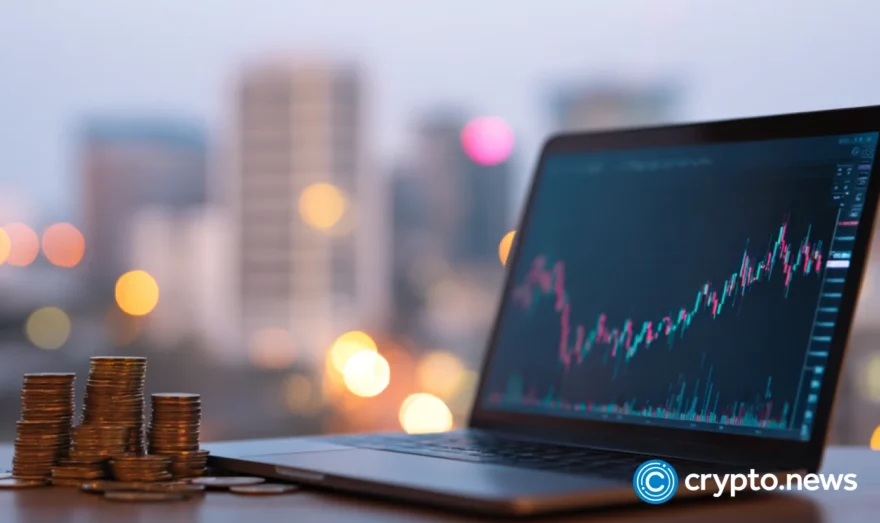50 Cent targeted by hackers pushing fake cryptocurrency

Renowned rapper 50 Cent has revealed that hackers hijacked his X account and personal website to promote a fake cryptocurrency.
On June 21, 50 Cent — whose real name is Curtis James Jackson — took to Instagram to alert his 32.8 million followers that both his X account and personal website, thisis50.com, had been compromised.
According to the multi-platinum-selling artist, the hackers used the platforms to endorse a new meme coin named GUNIT, after the hip-hop group 50 Cent founded in the late 1990s.
50 Cent has no connection with the fake cryptocurrency. The “Expendables 4” star explained that the hackers exploited his extensive social media reach to attract investors.
The scam — a pump-and-dump scheme — involved creating the GUNIT token and using 50 Cent’s significant influence — he has around 12.9 million followers on X — to inflate the token’s price. As investors poured in, the value of GUNIT reportedly soared, only to plummet to $0.00016 after the scammers jettisoned their holdings.
50 Cent shared several screenshots on Instagram, showing the meteoric rise and abrupt fall of GUNIT’s market value. The hackers are believed to have made off with as much as $300,000,000 in just 30 minutes.
However, an analysis of GUNIT trading activity on Dex Screener shows that the token’s total trading volume in the last 16 hours is just shy of $20 million.
Notably, five accounts offloaded more than 670 million GUNIT tokens worth upwards of $2.3 million. The meme coin currently has 2,799 holders and a market cap of $330,000.
This latest incident isn’t 50 Cent’s first brush with crypto. In 2018, reports emerged that the rapper had made millions by accepting Bitcoin (BTC) as payment for his album, “Animal Ambition” in 2014.
According to TMZ, 50 Cent amassed around 700 BTC, then worth approximately $662 each, netting him about $463,000.
TMZ estimated that the singer and actor’s BTC stash would have been worth between $7 million and $8.5 million in 2018 when it published the story.
However, Jackson, who also produces several hit TV shows, denied those claims in court, stating that while he did accept the cryptocurrency as payment, it did not result in any significant earnings for him.














